8 Habits of Good Writers

Writing means sharing your experience of the world with others. Writing well requires cultivating the habits of being fully engaged with your own world. After years as a professional writer, I’ve learned the habits that have helped me develop my craft, and I think they’ll help you too, whether you’re writing philosophical tomes, family newsletters, business memos, or your own blog. And they’re a lot of fun!
Read.
The best way to polish your writing is to read. Read as much as you can, even if it’s only 15 minutes every day.
Take time for silence.
Distraction and interruption are the enemy. Make time for silence and stillness. Turn off the TV for a while. You’ll be amazed at the pathways your mind will take, long, wide, deep, winding pathways that show you your world in a new way.
Explore.
Travel as widely as you can, but also be a traveller right where you are. Be curious. Make mental notes of what intrigues you: in nature, in science, in art, in architecture, in food, in history, in culture. Not only will you become more knowledgeable, but you’ll build a library of original metaphors at the ready when you need them to make your writing more alive.
Think.
To write clearly you have to think clearly. Make time to do so, to wonder about things, why they happen, what they mean, why people do what they do. You might be sure you understand something, but then later realize an entirely different possible interpretation. And your world will have become a little bit bigger.
Sense.
We’re tempted to think of intellectual life and sensual life as two different things, but I believe this dichotomy is false. All information comes to us through our senses. You’re reading this by seeing it. If you hear chirping from the window, you’ll realize there’s a bird outside. If you’ve got dinner on the stove, you’ll smell if it starts to burn. Develop the habit of paying attention to what your senses tell you.
Attend classic theatre and cinema.
Plays and movies that stand the test of time are driven by dialogue that’s simple and powerful:
- “To be or not to be; that is the question.”
- “I think she’s got it.”
- “Play it, Sam.”
- “I’m gonna make him an offer he can’t refuse.”
- “You’re gonna need a bigger boat.”
They will show you how to write for the ear.
Listen to classical music.
Classical music is subtly powerful. It draws out nuanced emotion. It can show you how to sustain rhythm, how to interject, how to crescendo. Try listening to it while you’re cleaning the house, and see if it doesn’t make you feel elevated out the drudgery. Try putting some on in the background next time you sit down to write; you might be surprised at how it enriches your work.
Write.
If reading is the best thing you can do to develop your writing, then actually writing is a close second. Write a journal; write a blog; write notes to yourself. Just write. You’ll learn by doing.

After my misspent youth as a wage worker, I’m having so much more fun as a blogger, helping other discerning travellers plan fun and fascinating journeys. Read more …
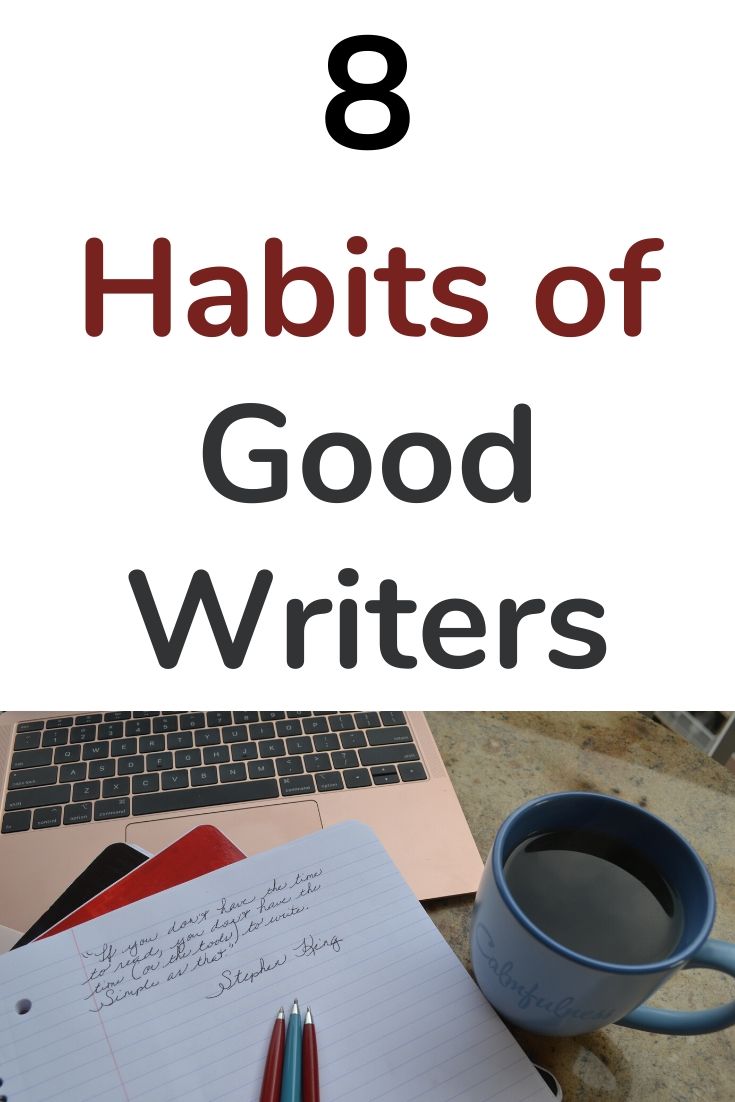
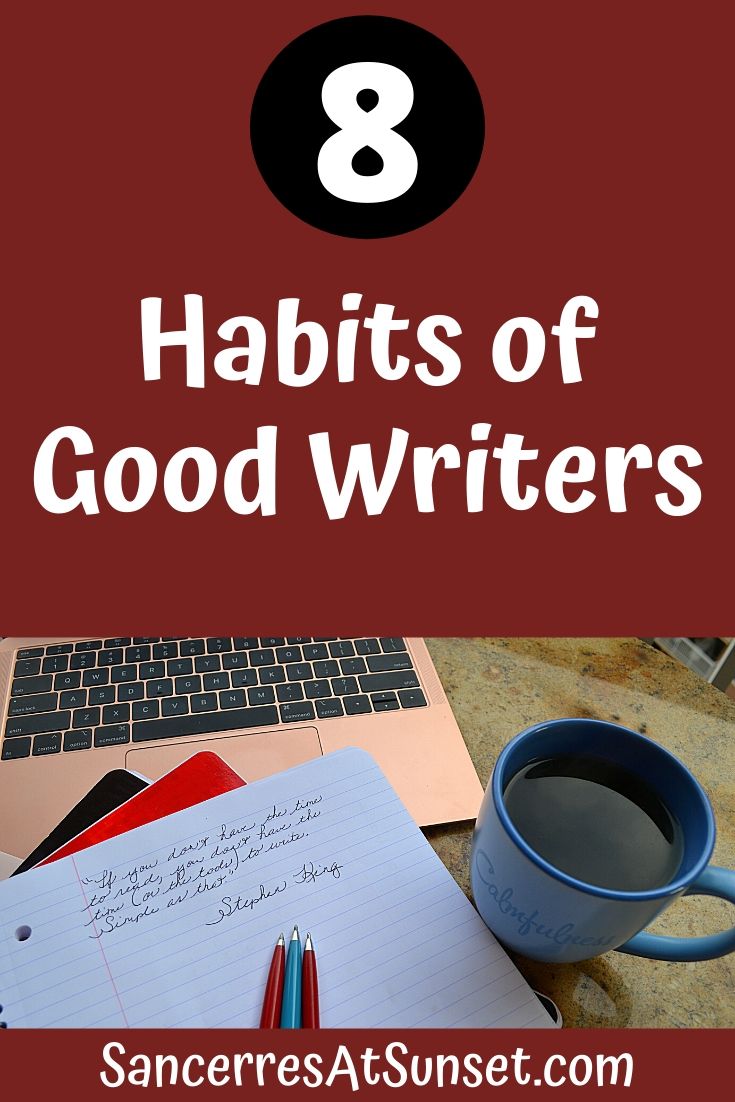
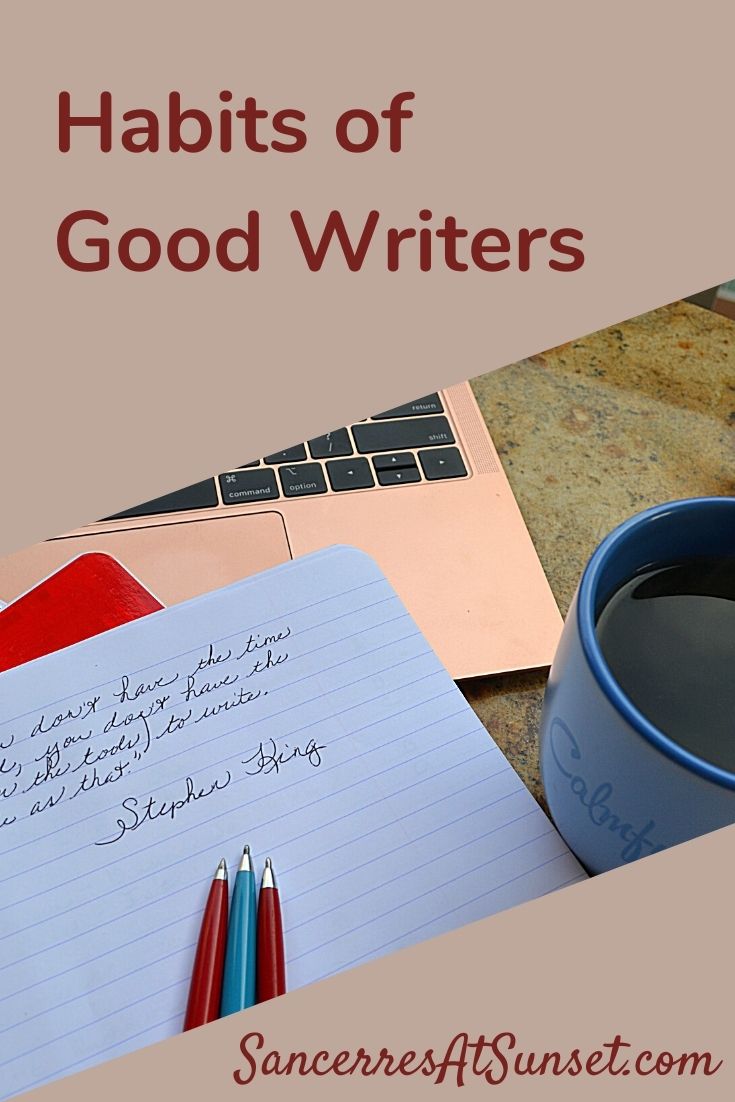
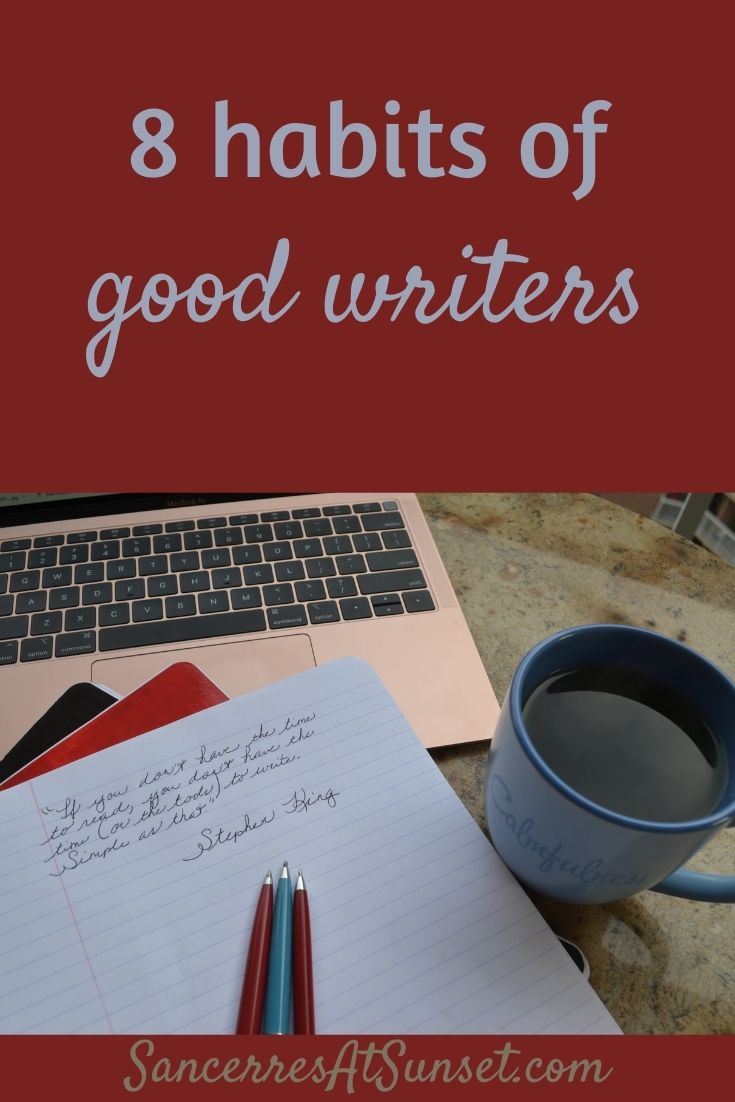





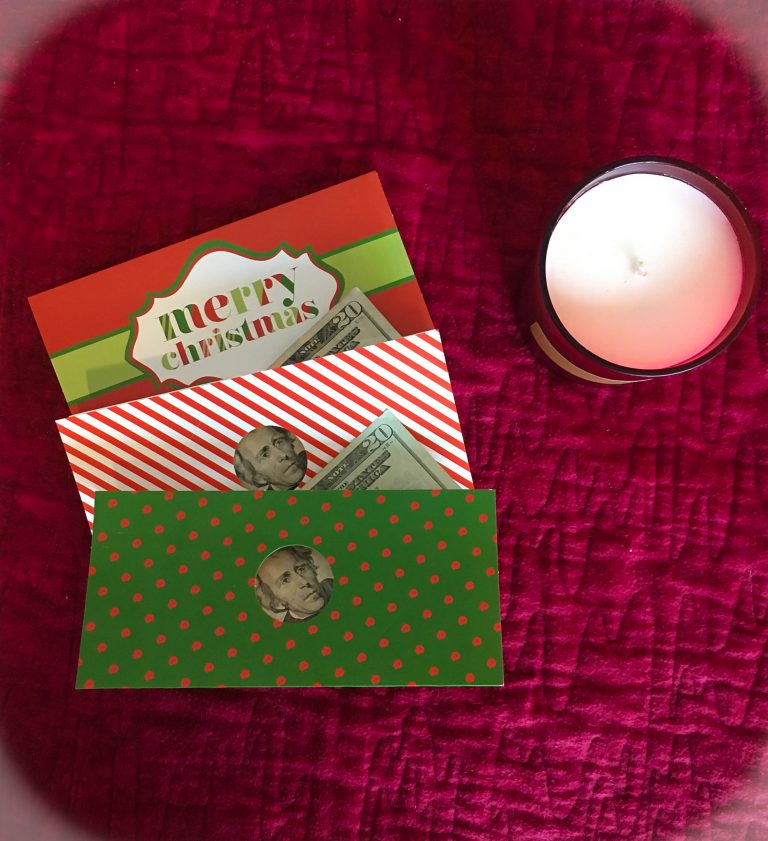

Love Love Love this post! As a veteran English teacher, you’d think I’d have this down, but no… I simply don’t take the “Time for Silence” and I don’t prioritize writing as I need to – as I should. Thank you for the great reminders!
Yes- reading is so important- it helps us expand our vocabulary and ideas. I have tinnitus so I can’t have silence – so I put on a youtube video of a crackling fire and wind- so it keeps the buzzing at bay. Great post- I have to agree with Stephen King!
Great tips! Need to incorporate these in my daily routine and not just sometimes.
great tips to find inspiration thanks. I definitely need to visit the theatre more often.
Thanks, Chantelle, I love the theatre!
Thanks for sharing your thoughts and I couldn’t agree more for the idea of reading.
Thank you, April, the great thing about reading is that it’s good for you but it’s so much pleasure too.